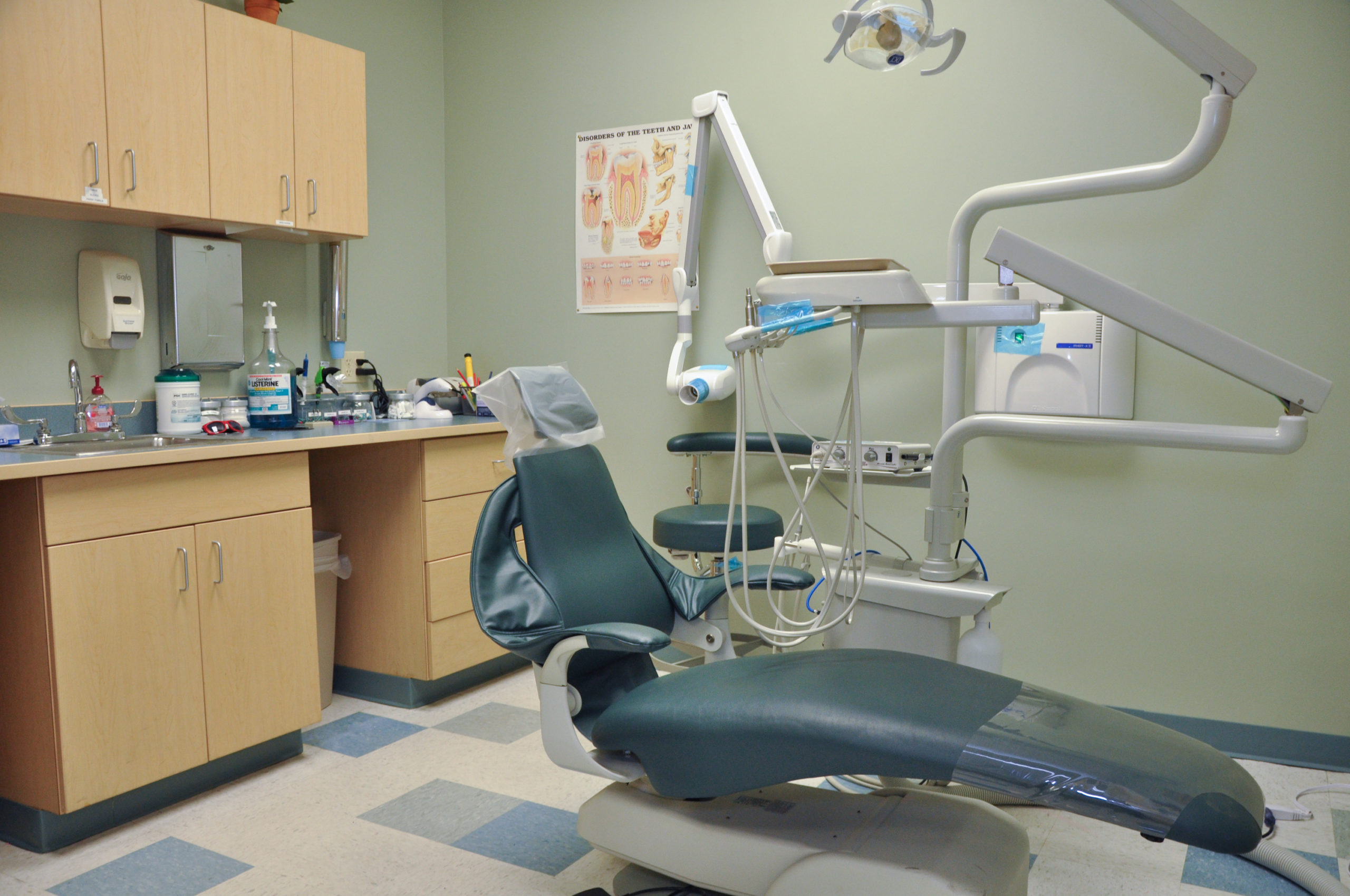Common Questions Regarding Dental Veneers Answered
Dental veneers have actually come to be an increasingly desired option for those looking to enhance their smiles, yet several individuals stay unpredictable concerning various elements of their use. As we discover these common queries, it comes to be vital to think about not just the benefits but also the effects of opting for dental veneers in quest of an extra certain look.
What Are Dental Veneers?
Dental veneers are thin, customized coverings crafted from porcelain or composite resin that are developed to cover the front surface area of teeth. These dental prosthetics serve both useful and aesthetic objectives, providing a service for different oral imperfections, including discoloration, chips, spaces, and imbalance. By sticking to the teeth, veneers can dramatically enhance the overall appearance of a smile, developing a more eye-catching and uniform appearance.
Porcelain veneers are specifically preferred for their all-natural translucency and tarnish resistance, making them a perfect selection for individuals seeking lasting outcomes. In contrast, composite resin veneers are typically much less pricey and can be used in a solitary browse through, but they may not use the same toughness as porcelain alternatives.
The choice to select oral veneers often stems from a desire for aesthetic renovation, yet people need to additionally think about factors such as the longevity of the material, upkeep requirements, and the possible demand for tooth decrease (Low Cost Veneers). Eventually, dental veneers represent a versatile and reliable service for achieving a glowing smile, providing to individual aesthetic requirements while promoting confidence and self-confidence
Just How Are Veneers Applied?
The application procedure for veneers needs mindful preparation and accuracy to make sure optimal results. The treatment normally begins with a thorough assessment, where the dental practitioner reviews the individual's oral health and wellness, reviews preferred outcomes, and determines the appropriate kind of veneers, whether porcelain or composite resin.
When the therapy plan is established, the dentist prepares the teeth by eliminating a thin layer of enamel, usually about 0.5 mm to 1 mm, to suit the veneer. This action is important as it makes sure a correct fit and avoids the veneers from showing up large - Dental Veneers. After preparation, impressions of the teeth are required to create custom veneers that match the person's one-of-a-kind dental structure and aesthetic preferences
While the irreversible veneers are being made in a dental lab, momentary veneers might be placed to shield the prepared teeth. Once the long-term veneers are ready, the dentist will thoroughly bond them to the teeth utilizing a solid dental adhesive.
What Are the Conveniences?

Additionally, veneers are recognized for their longevity and resistance to discoloring contrasted to natural teeth. Made from premium products such as porcelain or composite material, they can keep their appearance for many years with correct treatment. This durability makes them a useful investment in one's dental appearance.
In addition to visual improvements, veneers can additionally add to improved oral health and wellness. By covering damaged or damaged teeth, they can offer extra assistance and defense, helping to prevent additional degeneration or damage. This safety element can lower the requirement for much more substantial oral procedures in the future.

The Length Of Time Do They Last?
With appropriate treatment and upkeep, dental veneers can last anywhere from 10 to 15 years, making them a resilient solution for enhancing one's smile. The durability of veneers largely depends on the material used, the high quality of the first positioning, and the patient's adherence to oral health practices.
Porcelain veneers are understood for their longevity and resistance to staining, usually lasting closer to the 15-year mark when looked after suitably. Compound veneers, while more cost effective, might call for substitute sooner, typically within 5 to one decade due to their sensitivity to put on and staining.

In addition, wearing a mouthguard throughout sports or nighttime can provide additional security. Inevitably, while veneers offer a considerable visual improvement, their durability is dramatically influenced by the commitment to appropriate oral treatment and regular consultations with a dental expert.
Exist Any Kind Of Threats?
Considering the transformative effects of dental veneers, it is very important to acknowledge the potential risks related to their application. While veneers can improve the appearance of teeth, the procedure entails the removal of a thin layer of enamel, which can enhance Get More Information tooth sensitivity and vulnerability to decay.
One considerable risk is the opportunity of improper positioning or suitable, bring about pain, bite imbalance, or perhaps damages to the underlying tooth structure. Additionally, if the veneers are not maintained properly, they can become discolored or chipped with time, necessitating replacement.
Clients may also experience allergies to the products made use of in the veneers, specifically if they have sensitivities to particular oral composites. Additionally, while veneers are resilient, they are not undestroyable; too much force look at here now from grinding or squeezing can cause fractures.
It is necessary for clients to speak with a certified dental professional to review their private risks and to adhere to aftercare directions carefully. By understanding these risks, individuals can make informed choices regarding their oral veneer treatment and make sure the durability and success of their enhancements.
Final Thought
In summary, oral veneers stand for a useful cosmetic solution for boosting smiles, with considerations concerning their application, advantages, long life, and linked threats. Their effectiveness is influenced by factors such as the option of material, with porcelain offering superior sturdiness compared to composite choices. Appropriate care and maintenance are necessary to maximize the life expectancy of veneers. Eventually, notified decision-making relating to dental veneers can bring about adequate aesthetic end results and improved dental wellness.
Dental veneers are slim, custom-made shells crafted from porcelain or composite resin that are developed to cover the front surface area of teeth. After preparation, impacts of the teeth are taken to create personalized veneers that match the patient's unique dental structure and Discover More Here visual preferences.
While the long-term veneers are being made in a dental laboratory, short-term veneers may be positioned to safeguard the ready teeth. When the long-term veneers are all set, the dentist will thoroughly bond them to the teeth using a strong oral adhesive. Inevitably, educated decision-making regarding dental veneers can lead to sufficient visual end results and improved oral health and wellness.